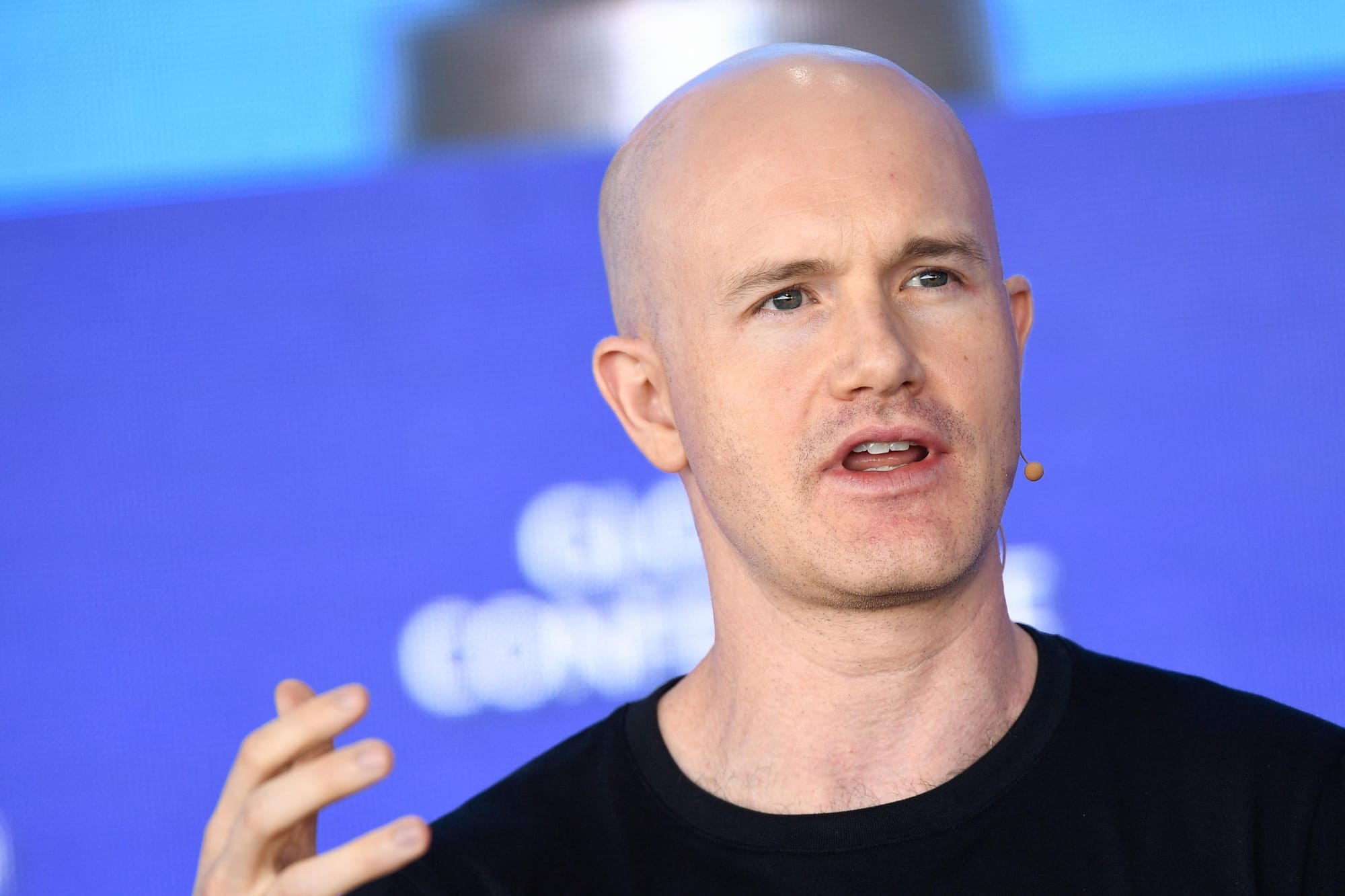Coinbase CEO Brian Armstrong Predicts Bitcoin Will Surge to Millions of Dollars

In a recent appearance on CNBC, Coinbase CEO Brian Armstrong shared his bullish outlook on Bitcoin, suggesting that the cryptocurrency could see its value soar into the "multiple millions" in the coming years. Armstrong's optimism is grounded in several pivotal developments he sees on the horizon for Bitcoin and the broader crypto market.
The conversation pivoted around Bitcoin's potential to evolve from a speculative asset to a mainstream financial instrument. Armstrong pointed out that the increasing involvement of institutional investors has been a significant driver, with Bitcoin Exchange Traded Funds (ETFs) playing a crucial role in this shift. He noted that these ETFs have attracted substantial inflows, signaling a growing acceptance and interest from traditional financial sectors.
Armstrong discussed the critical role of regulatory clarity in the United States, suggesting that clear legislation could act as a catalyst for further growth. He envisions a scenario where the U.S. might consider establishing a strategic Bitcoin reserve, which he believes would not only validate Bitcoin on a national level but could also prompt similar actions from other G20 countries. This global acknowledgment could significantly enhance Bitcoin's legitimacy and its role in international finance.
Brian Armstrong speaking on CNBC Squawk Box
Bitcoin as the New Gold Standard
A particularly bold statement from Armstrong was his comparison of Bitcoin to gold, labeling it as the "new gold standard." This analogy reflects his belief in Bitcoin's potential to serve as a store of value, especially in an era where inflation and economic uncertainties are prevalent. He argues that Bitcoin's finite supply, much like gold's, positions it well to act as a hedge against inflation, offering stability in a volatile market.
However, Armstrong's vision extends beyond just Bitcoin. He recognizes the expansive nature of the cryptocurrency ecosystem, which includes innovations in payment systems and other blockchain technologies. This broader perspective suggests that while Bitcoin might lead the charge, the growth and integration of cryptocurrencies into everyday financial transactions could have far-reaching effects.
The implications of Armstrong's predictions are vast. If Bitcoin does indeed reach these lofty valuations, it would not only represent a monumental shift in how we view and use money but also how nations might manage their economic policies. The idea of a U.S. strategic Bitcoin reserve hints at a future where digital currencies could be central to national and international economic strategies.
As we consider this landscape, it's clear that Armstrong's insights are not just about price speculation but about envisioning a transformed global financial system. His comments reflect a deep belief in the transformative power of blockchain technology and cryptocurrencies. Whether or not Bitcoin reaches his predicted heights, Armstrong's analysis provides a compelling narrative for why many are betting big on the digital currency's future. His foresight into regulatory, institutional, and governmental involvement paints a picture of a world increasingly ready to integrate Bitcoin into its financial fabric.

